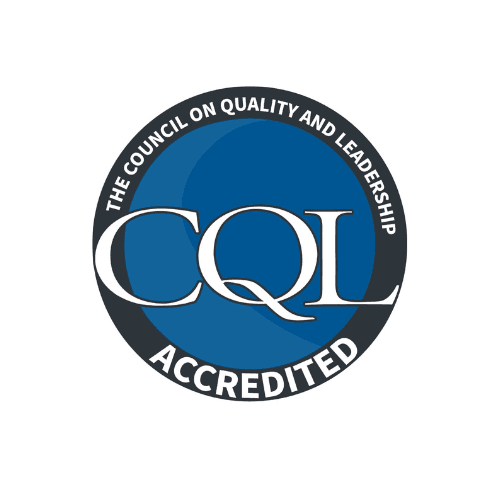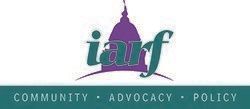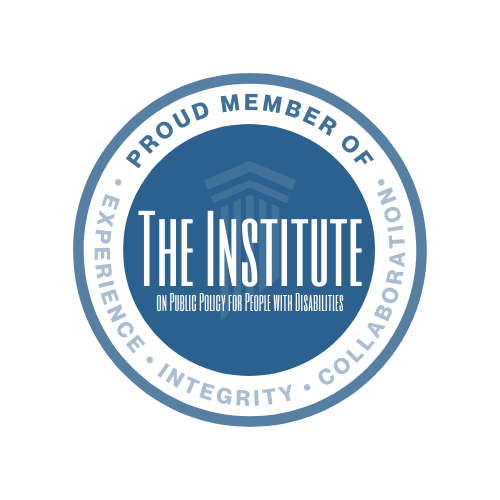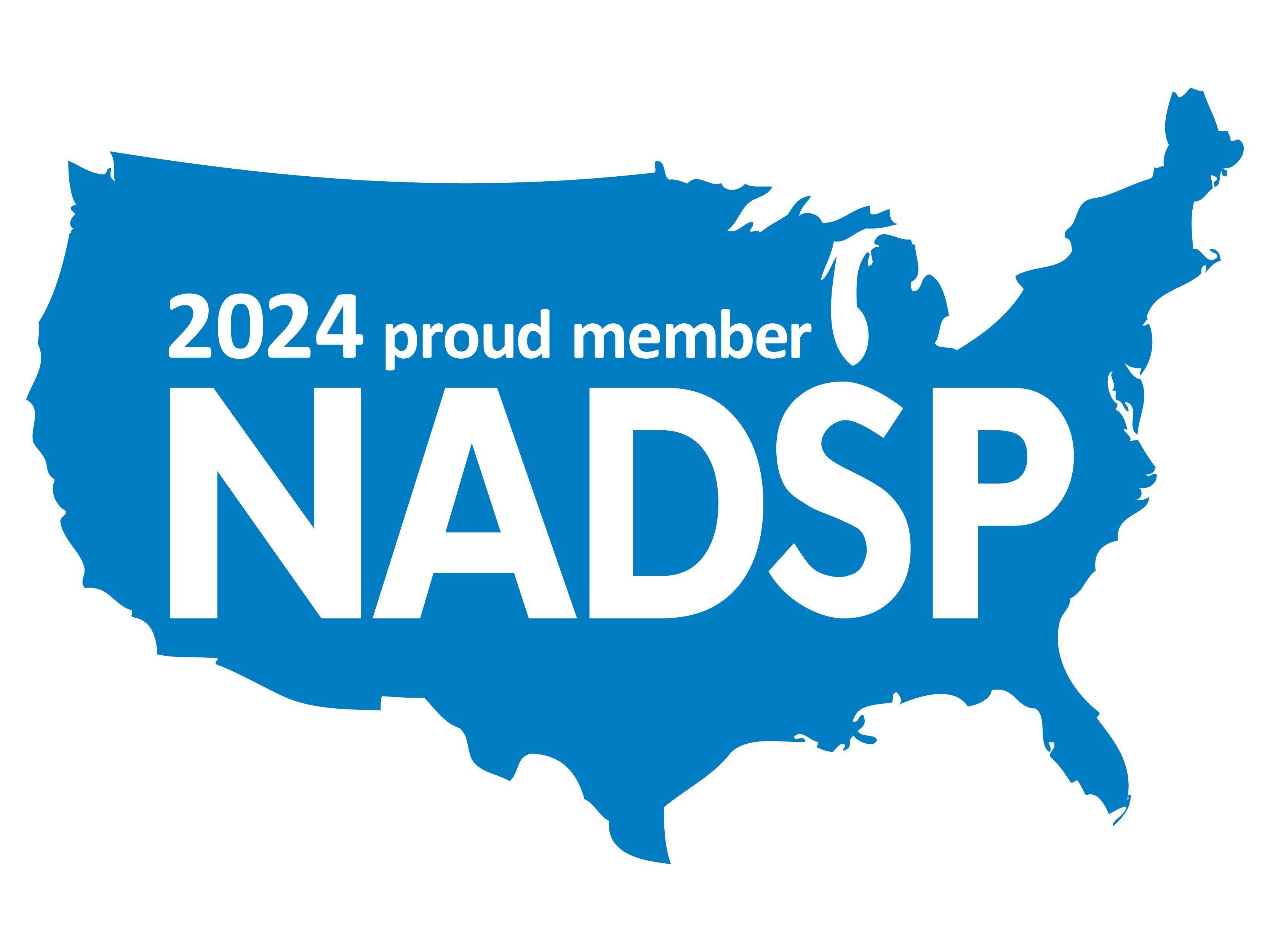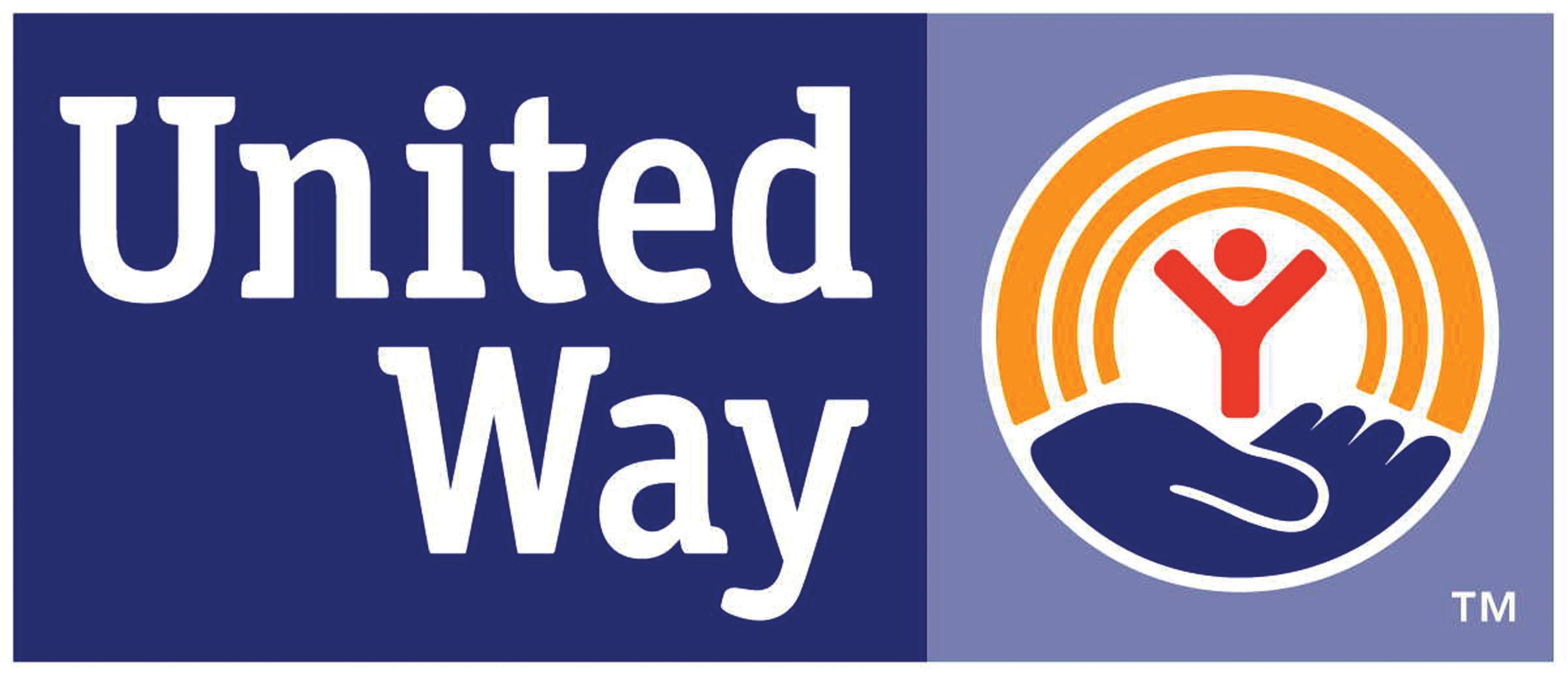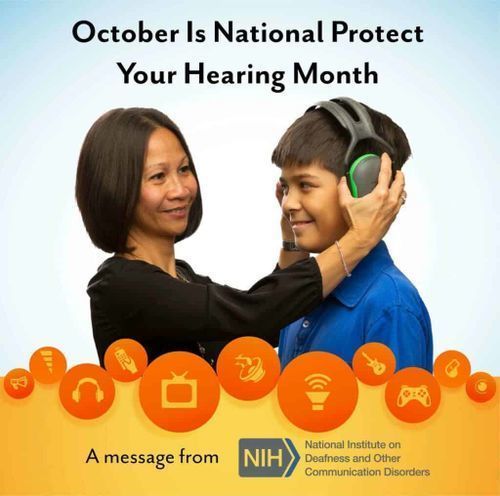
October is National Audiology Awareness Month, as well as Protect Your Hearing Month. We support a number of children and adults here at DSC with various levels of hearing loss, or who may identify as deaf.
If you are concerned about your baby’s hearing, we have a few practical guidelines for you. All babies should have their hearing screened by one month of age. Older babies and children can be screened for delayed, or progressive hearing loss at any time when you notice there is a problem, or age 2, or 2 ½, if the child is at risk for acquired, or delayed hearing loss. It’s imperative that your child receives a full hearing test, if they do not pass a screening.
A full hearing test, also called an audiology evaluation, will be performed by an audiologist. During an audiology evaluation, several tests will be conducted to monitor the inner ear and brain response to sound.
An inability to hear can impact a child’s ability to develop speech, social skills, and communicate, which is why a hearing test is vital, if you suspect there is a problem. The earlier hearing loss is discovered, and treatment begins, the more likely the child is to reach their full potential.
Early Intervention (EI) services are available here at DSC for babies and children ages 0-3 who are hard of hearing, or deaf. EI services help children learn language skills and other important skills, and EI has been proven to improve a child’s development. Even if your child has not been diagnosed with a hearing loss, he or she may be eligible for EI services.
There are four different types of hearing loss, and each type can range from mild to profound. Today, there are many forms of technology, medical assistance and devices, as well as prevention available. In addition to EI, your physician may recommend medication, assistive devices, or surgery, depending on the cause, or severity of your child’s hearing loss. Please see your healthcare provider for medical advice.
The important thing to remember is to get a screening early, if you suspect a problem. Follow-up with a full hearing test, and EI services afterward, if needed. To learn more about screenings, Parent Wonders, and EI services available at DSC, please visit our website: https://www.dsc-illinois.org/programs_services/family_development_center.html
Sources:
https://www.asha.org/articles/intellectual-disabilities-and-hearing-loss/
https://www.audiology.org/practice-resources/public-awareness/


